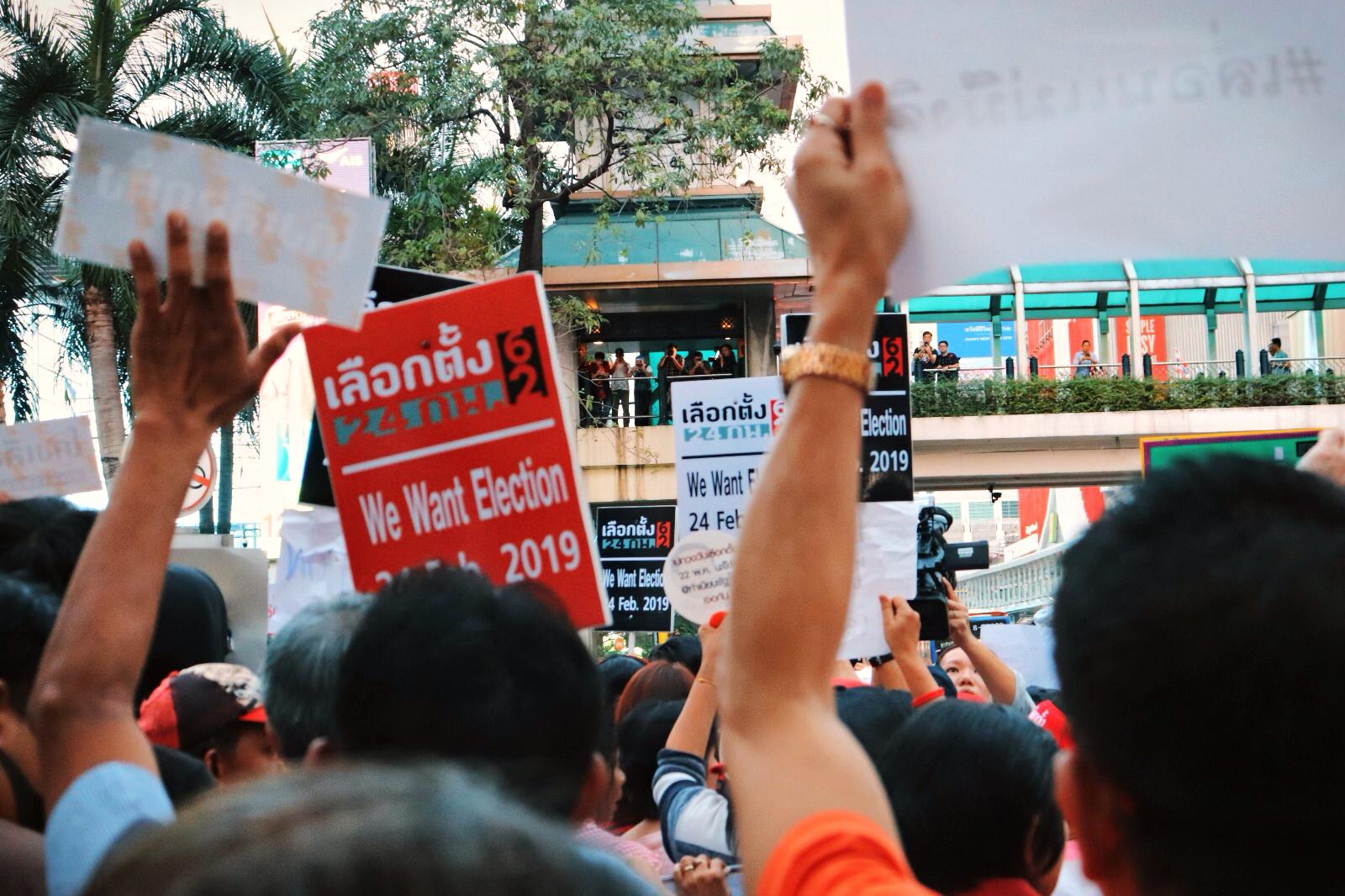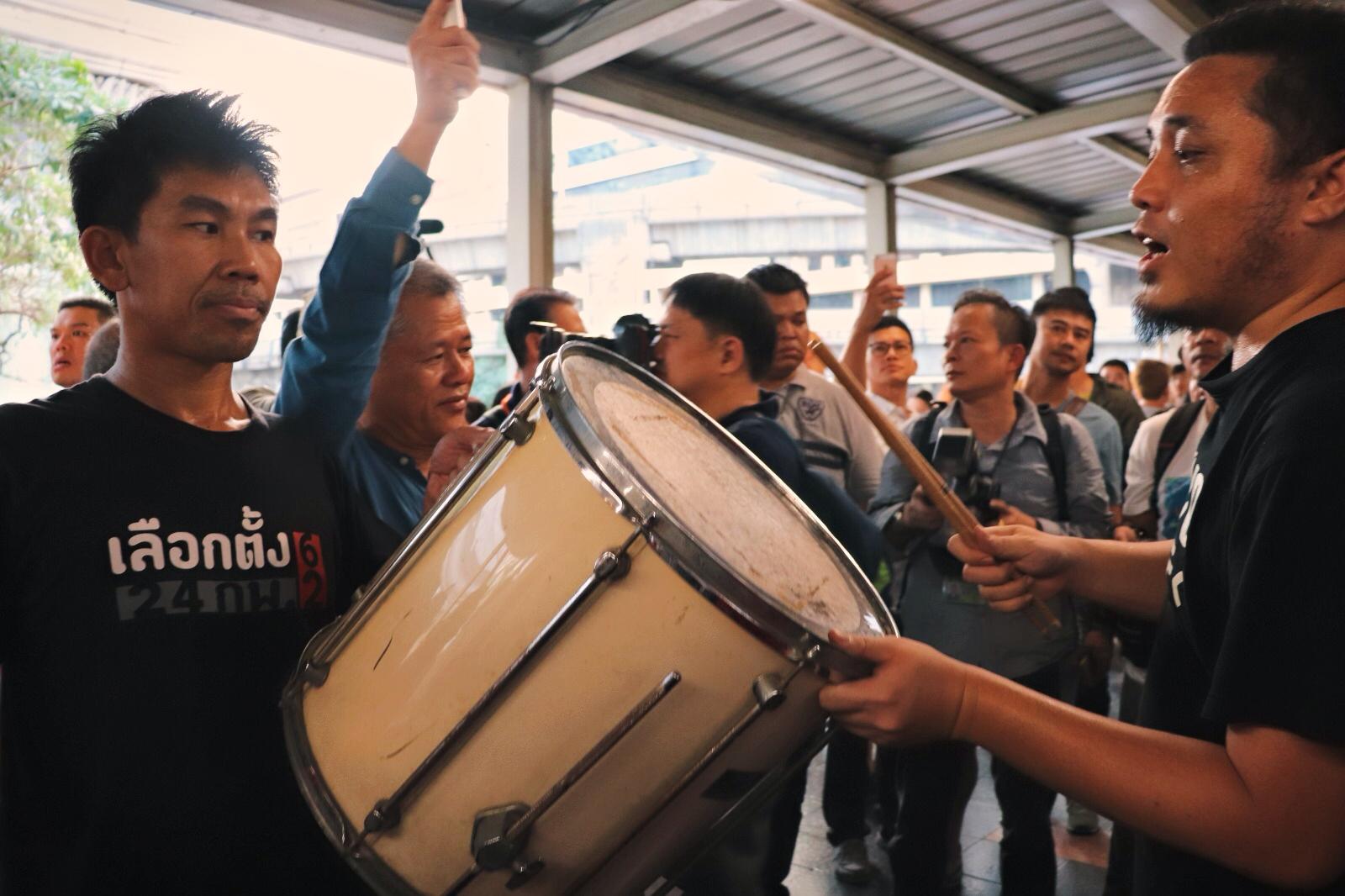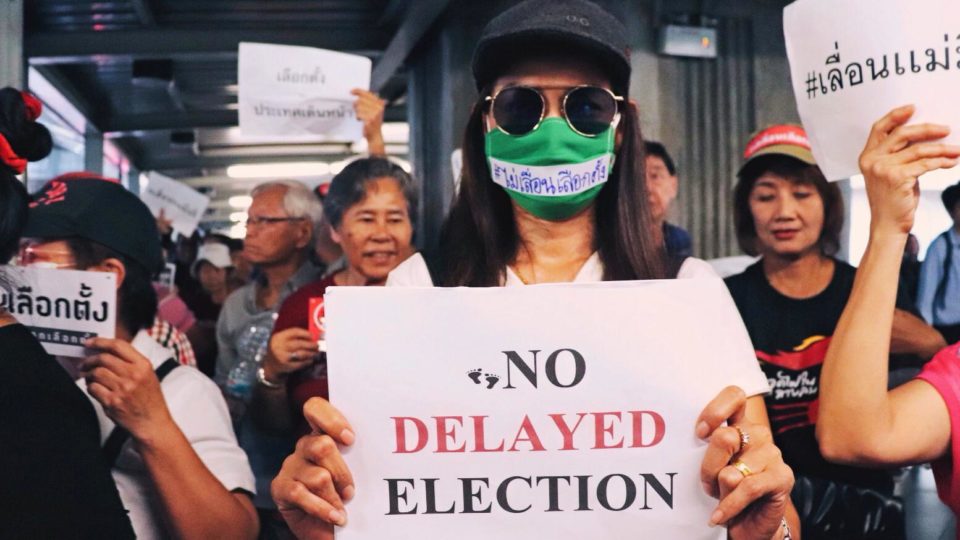Congrats, Thailand, you’re not quite a full-fledged “authoritarian regime,” at least not according to The Economist Intelligence Unit’s annual Democracy Index, released this morning.
Unfortunately, you’re not that far off either, according to the report, which grades countries on a 60-question survey covering electoral process and pluralism, civil liberties, functioning of government, political participation, and political culture.
Placing 106 out of 167 countries, with an overall score of 4.63, Thailand remains classified as a “hybrid regime,” a slim 0.63 points away from the dread “authoritarian” label.
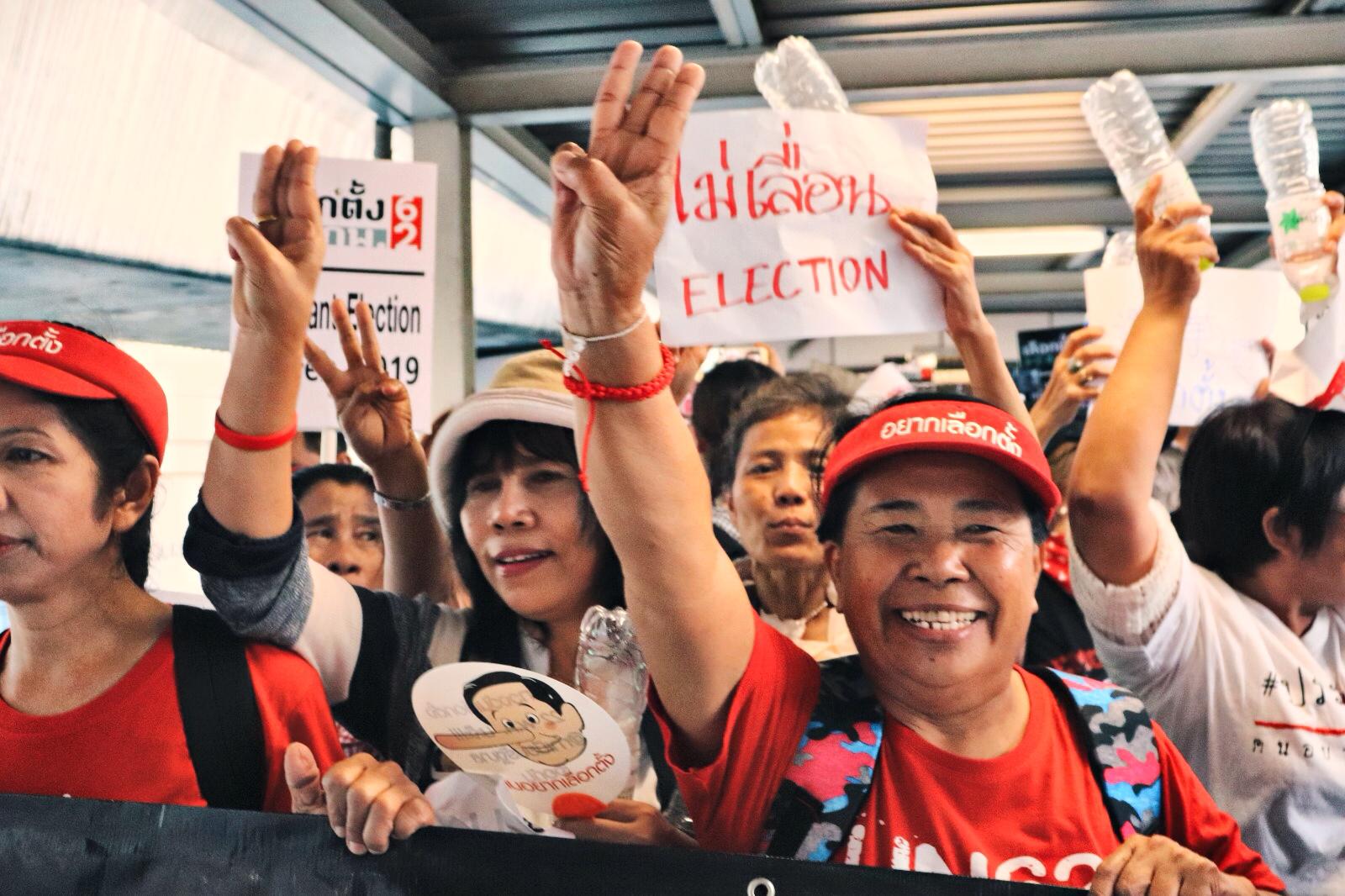
Being a hybrid regime means that elections have major irregularities “that prevent them from being both free and fair.” It further indicates that corruption is widespread while the rule of law and impact of civil society are weak.
“Typically, there is harassment of and pressure on journalists, and the judiciary is not independent,” the report explains
Though Thailand creeped up one notch from its 2017 ranking, the overall score remained exactly the same. Looking back over the past few years, there is an evident drop in the kingdom’s democracy score starting in 2014 — when the current military government seized power in a coup d’etat.

This is the 11th edition of the EIU Democracy Index, which aims to measure the ever-changing state of democracy of the world’s 167 countries.
Among the 60 questions asked to those surveyed wer:
- Do freely elected representatives determine government policy?
- Are citizens allowed to form political and civic organizations, free of state interference and surveillance?
- Extent to which adult population shows an interest in and follows politics in the news.
- Is there freedom of expression and protest
- Perceptions of military rule; proportion of the population that would prefer military rule.
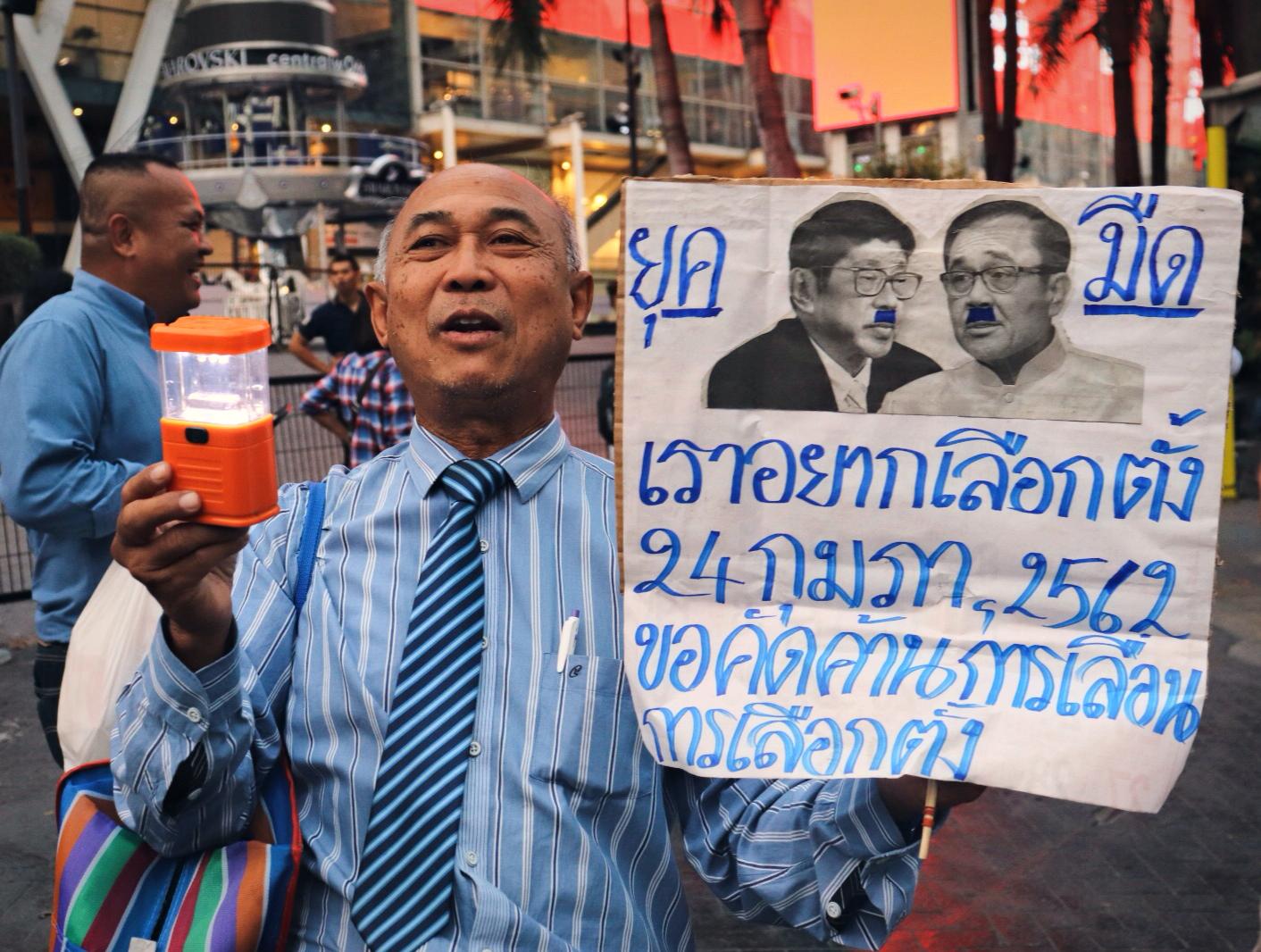
Globally, European countries dominate the top three spots: with Norway at number one with a score of 9.87, followed by Iceland at 9.58, then Sweden at 9.39.
The United States has gradually fallen in the global rankings over the past decade — from 18th in the 2008 Index, to 25th in 2018 — indicating the deterioration of a functioning government.
On a more optimistic note, the latest index revealed that political participation is on the rise globally, with the most striking advancement being the participation of women.
“Whilst clearly disillusion with formal political institutions, the population has turned anger into action, and turned out to vote, and to protest,” the report explains.
Evidence for that was available not all that far from the Coconuts Bangkok offices just yesterday.
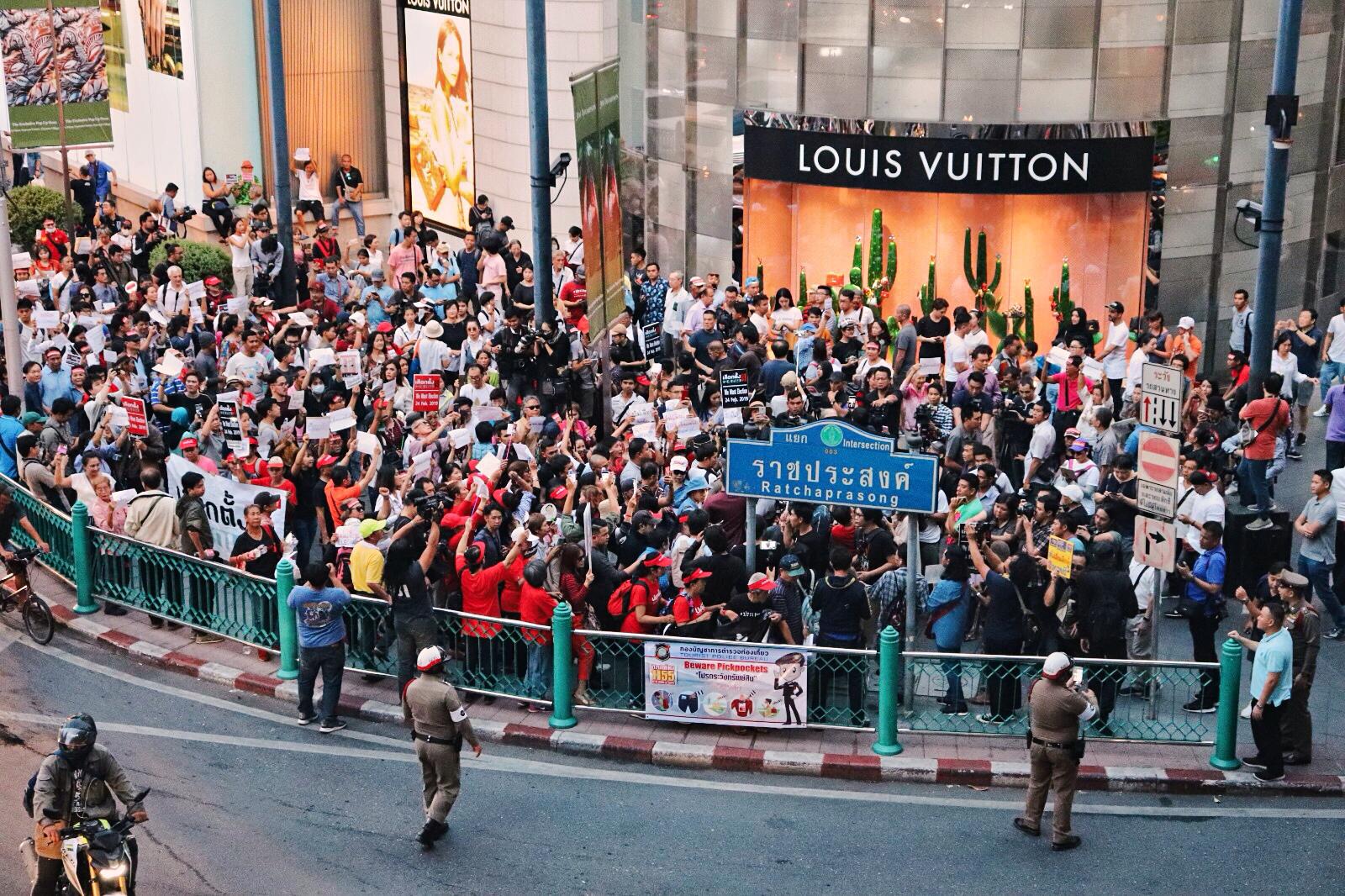
Hundreds of pro-democracy activists took to the Ratchapasong area in downtown Bangkok to protest any attempts to again delay the upcoming election — scheduled for Feb. 24.
The diverse and lively crowd that attended the rally — worried by Friday’s suggestion by a deputy PM that post-election events might clash with the May 4-6 coronation of King Maha Vajiralongkorn — serves to illustrate the ongoing frustration with the kingdom’s political landscape.
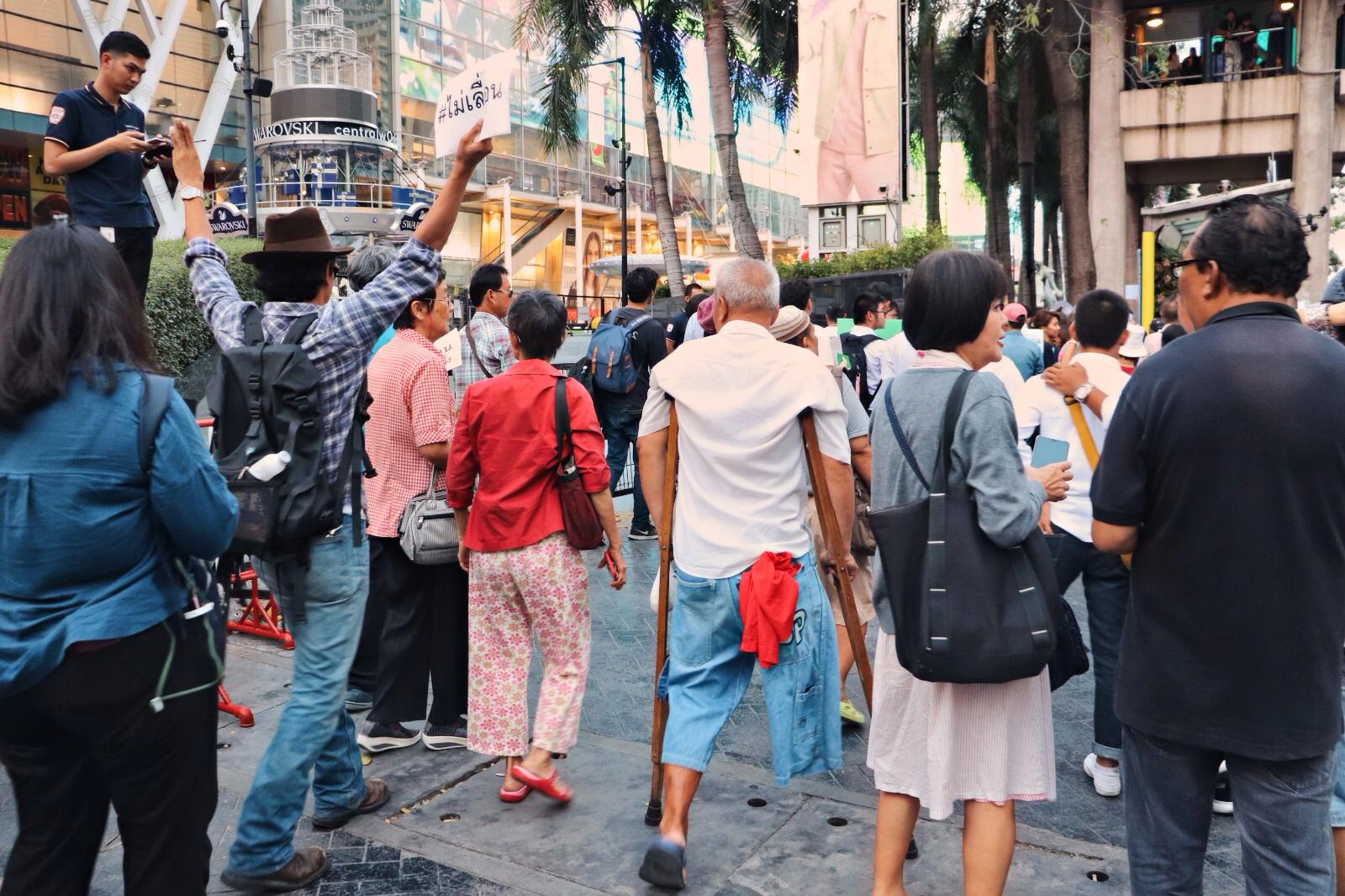
Dates for the long-promised election have been set, then delayed, no fewer than five times at this point.

